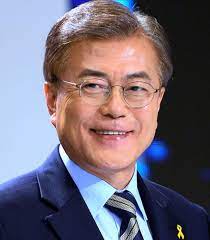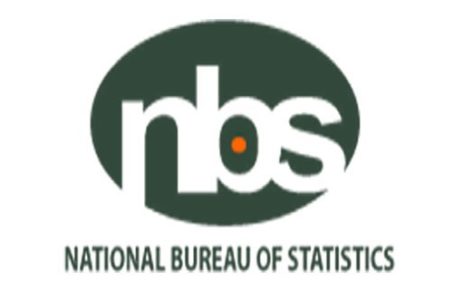South Korea on Monday indicated its intention to toughen a crackdown on tax evasion by cryptocurrency investors and high-income earners in the government’s renewed drive to boost the country’s revenue as President Moon Jae-in intensifies efforts to expand the tax base to fund increased welfare spending.
Under the new drive, the government proposes revising tax codes so that tax authorities will be able to seize crypto assets held by tax evaders even if their cryptocurrencies are stored in digital wallets, effective from 2022.
Current regulations make it difficult for authorities to confiscate virtual assets held in digital wallets, although those accessible through exchanges can be seized to pay overdue taxes.
The Finance Minister, Hong Nam-ki, who gave the hint on government’s fiscal plan at a news conference, explained that going after tax evaders was part of the country’s broader probe to tighten oversight of crypto markets for the purposes of tackling money laundering and other financial crimes using cryptocurrencies.
In recent times, the President Moon Jae-in government has been raising taxes from big earners and conglomerates to ensure wealthy citizens substantially bear the burden of growing costs of an aging population, as South Korea became the world’s fastest-aging society with the lowest birth rate globally in 2020.
According to minister, Monday’s proposal is one pillar of the government’s once-a-year review of South Korea’s tax system, which seeks to revise a total of 16 tax codes.
The fiscal authorities projected that the upward revisions would lead to a decline in tax revenue of at least 1.5 trillion won ($1.30 billion) between now and 2026, as tax breaks for research and development in semiconductors, batteries and vaccine sectors more than offset any additional revenue expected from high-income earners, according to the ministry.
The Finance Minister further clarified: “Although that 1.5 trillion can’t be described as tax neutral, it isn’t that big of an amount and something necessary as we revised tax codes.”
In addition, the government also proposed expanding tax incentives to companies for hiring especially outside the capital Seoul, and offered to cut corporate income taxes for companies reshoring production capacities.
The ministry stated further that the tax review proposals would be submitted the to parliament by September 3 this year for the lawmakers endorsement before it can become enforceable from next year.




